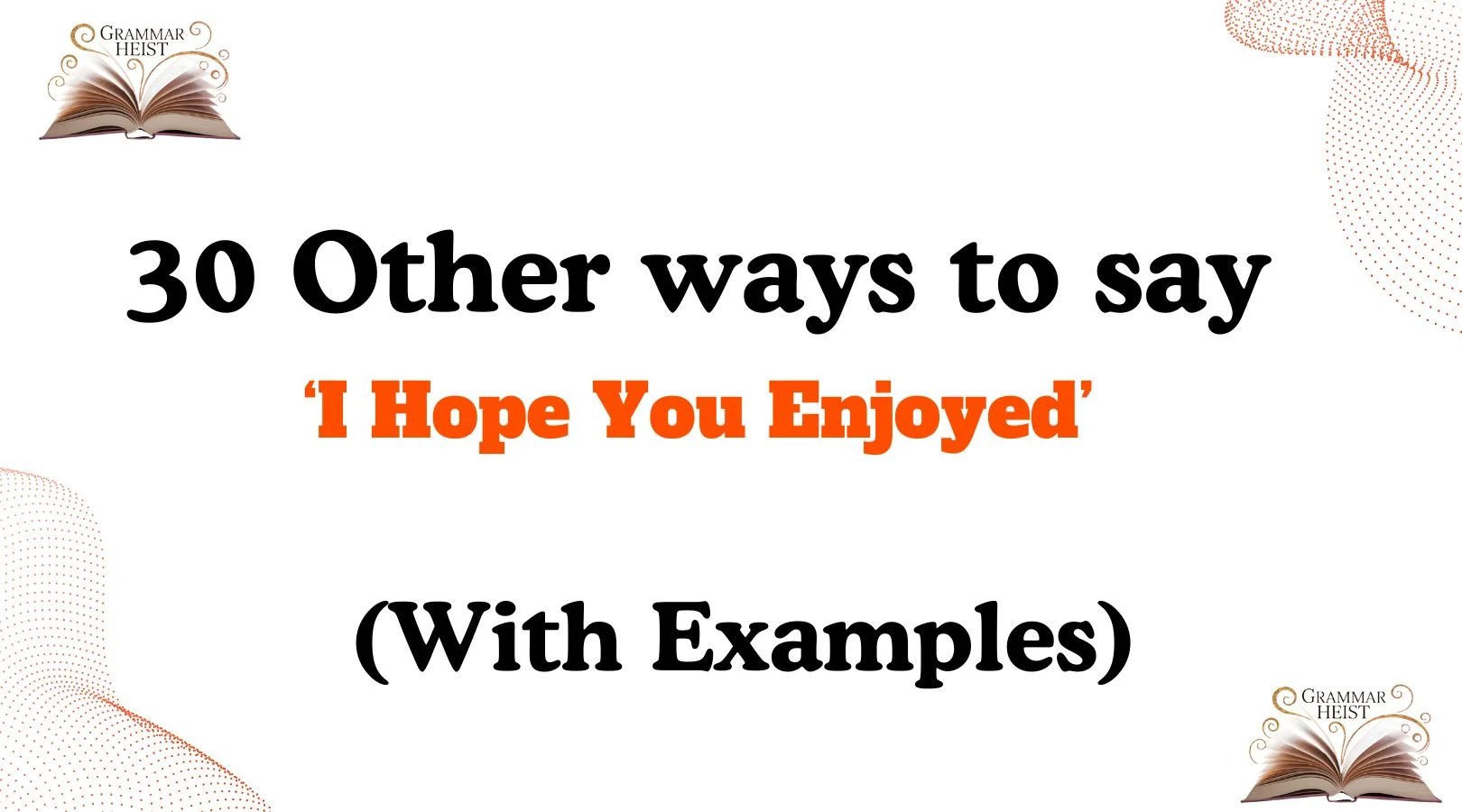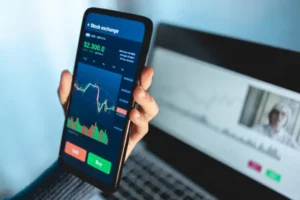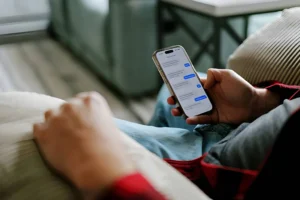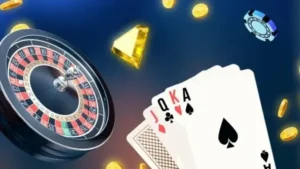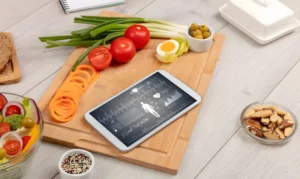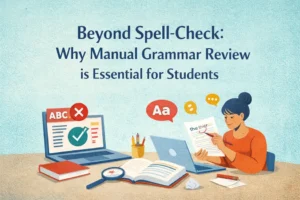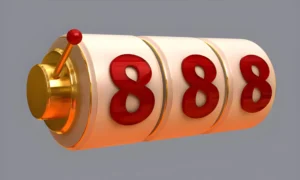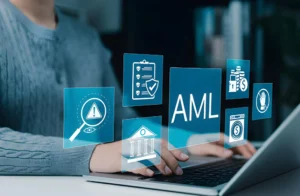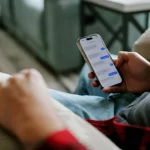Finding the right words to express care and thoughtfulness can turn a simple message into something memorable. Saying “I hope you enjoyed” is kind, but using alternative phrases can make your communication feel more personal, warm, and heartfelt. Whether you’re writing to friends, colleagues, or clients, these alternatives help convey your message with nuance, sincerity, and a touch of creativity.
What Does “I Hope You Enjoyed” Mean?
The phrase “I hope you enjoyed” is typically used to express your wish that someone found pleasure, satisfaction, or happiness in an experience, event, or moment you shared with them. It conveys thoughtfulness and positivity and is often used in both casual and professional contexts.
Is It Professional/Polite to Say “I Hope You Enjoyed”?
Yes! This phrase is polite and versatile, suitable for both formal and informal settings. However, in professional environments, you may want to consider alternatives that sound slightly more polished or tailored to your audience, such as “I trust you found this helpful” or “I hope you found this enjoyable.”
Pros and Cons
Pros:
- Warm and considerate tone
- Easy to understand
- Flexible for many contexts
Cons:
- Can feel generic if overused
- Lacks specificity about what you hope they enjoyed
Synonyms For “I Hope You Enjoyed”
- I Trust You Had a Great Time
- I Hope That Was Fun
- I Hope You Found It Enjoyable
- I Hope You Had a Wonderful Time
- I Hope It Was Enjoyable
- I Hope You Liked It
- I Trust You Enjoyed It
- I Hope You Got a Kick Out of It
- I Hope It Brought You Joy
- I Hope You Enjoyed Every Moment
- I Hope You Took Pleasure in It
- I Hope It Was Worth Your Time
- I Hope You Had Fun
- I Hope You Found It Delightful
- I Hope It Was to Your Liking
- I Hope You Appreciated It
- I Hope It Left You Smiling
- I Hope It Made Your Day
- I Hope It Was Enjoyable for You
- I Hope You Had a Memorable Time
- I Hope You Enjoyed Yourself
- I Hope You Found It Pleasurable
- I Hope You Felt Inspired
- I Hope It Was Pleasant
- I Hope It Made You Happy
- I Hope You Enjoyed the Experience
- I Hope It Was Fun for You
- I Hope You Got Something Out of It
- I Hope It Left You Feeling Good
- I Hope You Had an Enjoyable Time
1. I Trust You Had a Great Time
Scenario: After hosting a small gathering or event.
Examples:
- I trust you had a great time at the workshop yesterday.
- I trust you had a great time at the family reunion!
- I trust you had a great time exploring the city with us.
Tone: Warm, confident, and caring.
Explanation: This phrase expresses confidence in their enjoyment, adding a positive assumption rather than a simple hope.
2. I Hope That Was Fun
Scenario: After a recreational activity or casual meeting.
Examples:
- I hope that was fun during our cooking class!
- I hope that was fun trying out the new escape room.
- I hope that was fun for everyone on the hike.
Tone: Casual, friendly, lighthearted.
Explanation: Great for informal interactions; emphasizes shared enjoyment.
3. I Hope You Found It Enjoyable
Scenario: When providing content, training, or a presentation.
Examples:
- I hope you found the webinar enjoyable and insightful.
- I hope you found the tour enjoyable.
- I hope you found the lecture enjoyable and useful.
Tone: Polite, neutral, professional.
Explanation: Slightly more formal; emphasizes your care for their experience.
4. I Hope You Had a Wonderful Time
Scenario: After an event, outing, or special occasion.
Examples:
- I hope you had a wonderful time at the gala.
- I hope you had a wonderful time celebrating your birthday.
- I hope you had a wonderful time visiting the museum.
Tone: Warm, friendly, heartfelt.
Explanation: Adds emotional warmth, making it feel more personal.
5. I Hope It Was Enjoyable
Scenario: General follow-up after a shared activity or content.
Examples:
- I hope it was enjoyable reading the guide I sent.
- I hope it was enjoyable attending the seminar.
- I hope it was enjoyable taking part in our online workshop.
Tone: Neutral, polite, professional.
Explanation: Simple and versatile; suitable in both casual and formal contexts.
6. I Hope You Liked It
Scenario: After giving a gift, presenting a project, or hosting an experience.
Examples:
- I hope you liked the dinner I prepared.
- I hope you liked the presentation we shared.
- I hope you liked the surprise outing.
Tone: Friendly, casual, warm.
Explanation: Very approachable; conveys personal care without formality.
7. I Trust You Enjoyed It
Scenario: Professional emails or presentations.
Examples:
- I trust you enjoyed the training session today.
- I trust you enjoyed the demonstration.
- I trust you enjoyed the product showcase.
Tone: Professional, polite, confident.
Explanation: Similar to “I trust you had a great time,” but more formal for business contexts.
8. I Hope You Got a Kick Out of It
Scenario: Casual, fun activity among friends or colleagues.
Examples:
- I hope you got a kick out of the comedy show!
- I hope you got a kick out of our office games.
- I hope you got a kick out of the funny video I shared.
Tone: Casual, playful, humorous.
Explanation: Adds a fun, lighthearted touch, suitable for informal interactions.
9. I Hope It Brought You Joy
Scenario: Sharing meaningful experiences or thoughtful gestures.
Examples:
- I hope it brought you joy seeing the artwork.
- I hope it brought you joy attending the charity event.
- I hope it brought you joy reading the letter I sent.
Tone: Heartfelt, emotional, caring.
Explanation: Emphasizes emotional connection and thoughtfulness.
10. I Hope You Enjoyed Every Moment
Scenario: After an experience or trip.
Examples:
- I hope you enjoyed every moment of your vacation.
- I hope you enjoyed every moment at the wedding.
- I hope you enjoyed every moment of the seminar.
Tone: Warm, detailed, reflective.
Explanation: Highlights attention to the entirety of the experience, showing empathy.
11. I Hope You Took Pleasure in It
Scenario: Formal or professional content review.
Examples:
- I hope you took pleasure in the workshop.
- I hope you took pleasure in reading the report.
- I hope you took pleasure in our discussion.
Tone: Polished, thoughtful, professional.
Explanation: Slightly elevated language; suitable for refined communication.
12. I Hope It Was Worth Your Time
Scenario: Follow-up on a presentation, tutorial, or meeting.
Examples:
- I hope it was worth your time attending the webinar.
- I hope it was worth your time exploring the proposal.
- I hope it was worth your time joining the tour.
Tone: Professional, polite, considerate.
Explanation: Shows respect for the recipient’s time, emphasizing thoughtfulness.
13. I Hope You Had Fun
Scenario: Casual gatherings, games, or social events.
Examples:
- I hope you had fun at the picnic!
- I hope you had fun at the birthday party.
- I hope you had fun during the scavenger hunt.
Tone: Lighthearted, cheerful, friendly.
Explanation: Straightforward and joyful; ideal for casual contexts.
14. I Hope You Found It Delightful
Scenario: Cultural events, gifts, or curated experiences.
Examples:
- I hope you found the exhibit delightful.
- I hope you found the concert delightful.
- I hope you found the afternoon tea delightful.
Tone: Warm, appreciative, elegant.
Explanation: Adds a touch of sophistication and care.
15. I Hope It Was to Your Liking
Scenario: Formal or semi-formal settings.
Examples:
- I hope it was to your liking, the menu we prepared.
- I hope it was to your liking, the presentation materials.
- I hope it was to your liking, the seating arrangement.
Tone: Polite, considerate, professional.
Explanation: Shows attention to preferences; slightly formal.
16. I Hope You Appreciated It
Scenario: Post-event follow-up or gift-giving.
Examples:
- I hope you appreciated the effort we put into the project.
- I hope you appreciated the small gift.
- I hope you appreciated the evening we organized.
Tone: Thoughtful, polite, reflective.
Explanation: Highlights recognition of their engagement and experience.
17. I Hope It Left You Smiling
Scenario: Fun or uplifting experiences.
Examples:
- I hope it left you smiling after the show!
- I hope it left you smiling reading the poem.
- I hope it left you smiling during the game.
Tone: Cheerful, friendly, warm.
Explanation: Focuses on positive emotional impact, adding joy.
18. I Hope It Made Your Day
Scenario: Thoughtful gestures, small surprises.
Examples:
- I hope it made your day, the little gift I sent.
- I hope it made your day seeing the sunrise together.
- I hope it made your day attending the workshop.
Tone: Heartfelt, kind, personal.
Explanation: Shows emotional consideration and personal care.
19. I Hope It Was Enjoyable for You
Scenario: General, polite, both casual and professional.
Examples:
- I hope it was enjoyable for you reading the guide.
- I hope it was enjoyable for you attending the lecture.
- I hope it was enjoyable for you trying the new recipe.
Tone: Neutral, polite, thoughtful.
Explanation: Safe alternative; adaptable to many scenarios.
20. I Hope You Had a Memorable Time
Scenario: After trips, events, or special gatherings.
Examples:
- I hope you had a memorable time at the conference.
- I hope you had a memorable time on your trip.
- I hope you had a memorable time at the celebration.
Tone: Warm, reflective, personal.
Explanation: Emphasizes lasting positive impact on the recipient.
21. I Hope You Enjoyed Yourself
Scenario: Casual, friendly events or outings.
Examples:
- I hope you enjoyed yourself at the festival.
- I hope you enjoyed yourself during game night.
- I hope you enjoyed yourself at the workshop.
Tone: Friendly, casual, approachable.
Explanation: Direct and personable; commonly used among friends or informal contexts.
22. I Hope You Found It Pleasurable
Scenario: Formal or polished interactions.
Examples:
- I hope you found it pleasurable attending the lecture.
- I hope you found it pleasurable sampling the dishes.
- I hope you found it pleasurable joining the seminar.
Tone: Polished, professional, elegant.
Explanation: Slightly sophisticated; suitable for formal communication.
23. I Hope You Felt Inspired
Scenario: Creative sessions, talks, or workshops.
Examples:
- I hope you felt inspired by the keynote speech.
- I hope you felt inspired exploring the gallery.
- I hope you felt inspired during our brainstorming session.
Tone: Motivational, warm, encouraging.
Explanation: Shifts focus from enjoyment to emotional and intellectual impact.
24. I Hope It Was Pleasant
Scenario: Polite, general follow-ups.
Examples:
- I hope it was pleasant attending our meeting.
- I hope it was pleasant reading the material I sent.
- I hope it was pleasant visiting the exhibition.
Tone: Neutral, professional, polite.
Explanation: Safe and versatile; formal enough for professional use.
25. I Hope It Made You Happy
Scenario: After gifts, surprises, or thoughtful gestures.
Examples:
- I hope it made you happy receiving the gift.
- I hope it made you happy seeing the flowers.
- I hope it made you happy attending the party.
Tone: Heartfelt, warm, personal.
Explanation: Simple but emotionally engaging; expresses care for recipient’s happiness.
26. I Hope You Enjoyed the Experience
Scenario: Post-event, activity, or service.
Examples:
- I hope you enjoyed the experience at the workshop.
- I hope you enjoyed the experience trying our menu.
- I hope you enjoyed the experience on the tour.
Tone: Polite, professional, thoughtful.
Explanation: General and adaptable; focuses on the experience as a whole.
27. I Hope It Was Fun for You
Scenario: Informal, casual settings.
Examples:
- I hope it was fun for you at the picnic.
- I hope it was fun for you trying the game.
- I hope it was fun for you joining the activities.
Tone: Friendly, casual, lighthearted.
Explanation: Emphasizes shared enjoyment in a casual tone.
28. I Hope You Got Something Out of It
Scenario: Workshops, classes, or professional sessions.
Examples:
- I hope you got something out of the webinar.
- I hope you got something out of the training session.
- I hope you got something out of the lecture.
Tone: Professional, thoughtful, reflective.
Explanation: Highlights value and takeaway, good for professional settings.
29. I Hope It Left You Feeling Good
Scenario: Any positive experience, casual or formal.
Examples:
- I hope it left you feeling good after the yoga session.
- I hope it left you feeling good attending the seminar.
- I hope it left you feeling good spending time with us.
Tone: Warm, caring, considerate.
Explanation: Focuses on emotional satisfaction, making it personal.
30. I Hope You Had an Enjoyable Time
Scenario: General follow-ups after events or experiences.
Examples:
- I hope you had an enjoyable time at the conference.
- I hope you had an enjoyable time visiting the museum.
- I hope you had an enjoyable time joining our gathering.
Tone: Polite, friendly, versatile.
Explanation: Safe, neutral, adaptable; works in nearly any context.
Conclusion
Finding the right words to wrap up a message, conversation, or piece of writing can make all the difference. Instead of always leaning on the familiar “I hope you enjoyed,” you now have a collection of warm, creative, and thoughtful alternatives to express the same sentiment in a more personal and engaging way. Whether you’re sending a professional email, ending a heartfelt note, or adding a final touch to your content, these phrases can help you connect more deeply and leave a lasting impression.
So next time, don’t just stick with the usual—choose a phrase that feels authentic to you and resonates with your audience.

Emma Brooke is a passionate advocate for effective communication and language mastery. As a dedicated professional in the field of grammar and writing, Emma brings a wealth of knowledge and expertise to those seeking to improve their linguistic skills. With a focus on clarity, precision, and style, Emma Brooke is committed to helping individuals refine their language use to communicate confidently and effectively.
